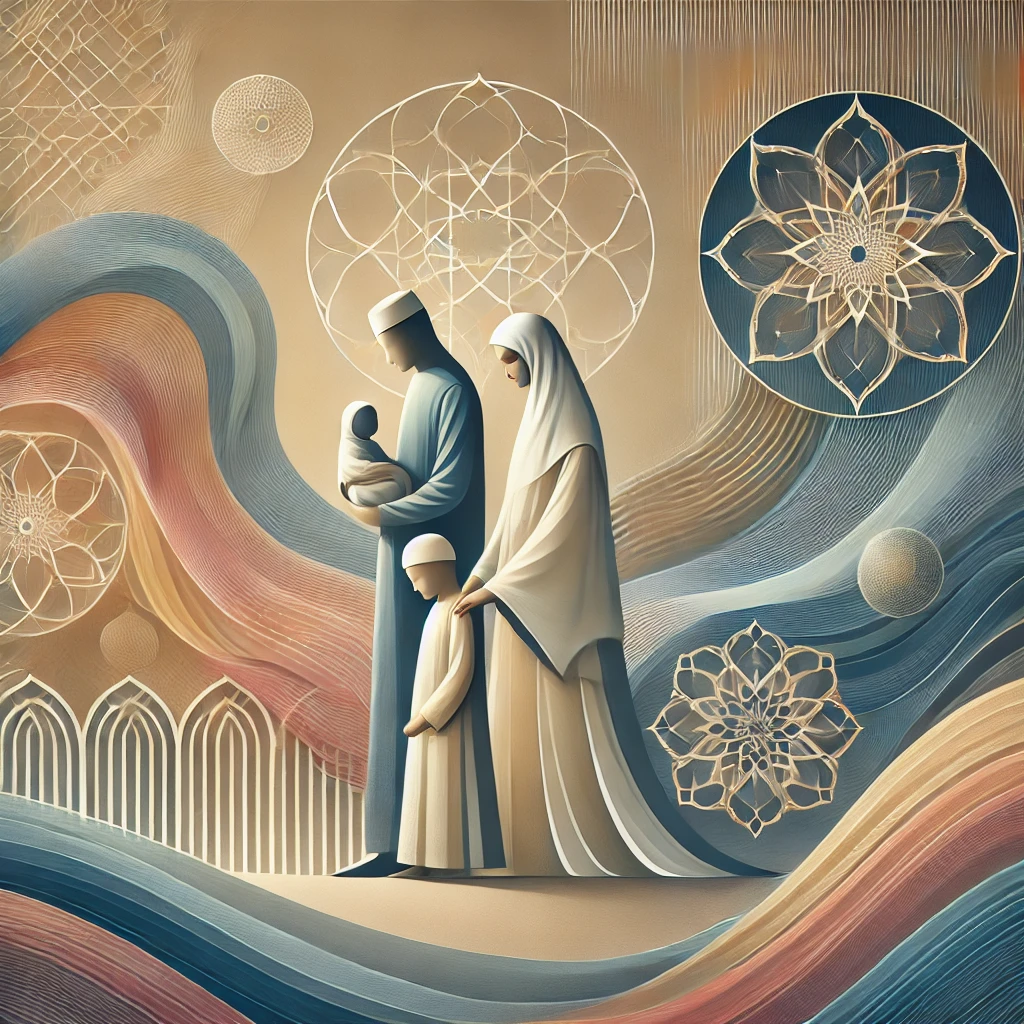In Islam, the family is considered the cornerstone of society, and within this unit, both men and women have distinct rights and responsibilities. While the roles of women in the family are essential, Islam emphasizes the balance between their rights and duties. This balance is crucial for maintaining harmony and ensuring that women are treated with respect and dignity in all aspects of family life.
One of the primary rights of women in Islam is the right to be treated with kindness and respect. The Quran explicitly commands men to treat their wives with compassion. In Surah An-Nisa, it says: “And live with them in kindness.” (Surah An-Nisa, 4:19). This verse establishes that marriage is not merely a contract but a partnership built on mutual love, respect, and understanding. Women are entitled to be cared for and respected by their husbands, and their emotional well-being should be a priority.
In addition to emotional care, Islam grants women the right to financial support from their husbands. Regardless of a woman’s personal wealth, her husband is required to provide for her and the family. This financial responsibility ensures that women are not burdened with the sole duty of providing for the family and can focus on other responsibilities, such as nurturing and educating their children. This is further reinforced by the Prophet Muhammad (PBUH) when he said: “The best of you are those who are best to their wives.” This Hadith emphasizes that a man’s character is reflected in how well he treats his wife, including providing for her needs.
At the same time, Islam outlines the duties of women within the family. One of the key responsibilities of a woman is to create a peaceful and nurturing environment at home. The Prophet Muhammad (PBUH) said: “Each of you is a shepherd, and each of you is responsible for his flock. The woman is the shepherd of her husband’s household and is responsible for it.” This Hadith illustrates the critical role women play in managing the household and contributing to the moral and emotional development of the family. While this is a significant duty, it is important to note that Islam does not restrict women to the home. Women are encouraged to pursue education, work, and participate in society, provided that they balance these activities with their family responsibilities.
Moreover, Islam recognizes the right of women to be heard and respected in decision-making processes within the family. Women are encouraged to offer their opinions and advice, and their input is valued in decisions that affect the household. This is in line with the Prophet Muhammad’s (PBUH) example, as he often consulted with his wives on various matters. A famous example of this is when his wife, Umm Salama, advised him during the Treaty of Hudaybiyyah, and the Prophet followed her suggestion.
Education is another fundamental right of women in Islam. The Prophet Muhammad (PBUH) emphasized the importance of seeking knowledge for both men and women, stating: “Seeking knowledge is obligatory upon every Muslim.” Educated women are better equipped to contribute to the intellectual and moral upbringing of their children, as well as to the betterment of society as a whole. By pursuing education, women are empowered to make informed decisions and fulfill their roles within the family and community effectively.
The balance between rights and duties is also evident in the Islamic approach to marriage. While a woman has the right to be treated fairly and respectfully, she is also expected to support her husband and work together to achieve harmony in the home. This partnership is based on mutual respect and cooperation, where both partners contribute to the family’s success. The Prophet Muhammad (PBUH) said: “The believers who show the most perfect faith are those who have the best manners and are kindest to their families.” This Hadith highlights that kindness, respect, and cooperation are essential elements of a successful marriage and family life.
In conclusion, Islam provides women with a balanced framework of rights and duties within the family. Women have the right to be treated with kindness, respect, and financial support, while also having the responsibility to contribute to the well-being of the family. This balance ensures that women are empowered, respected, and valued in their roles, creating a harmonious family environment that benefits both individuals and the community as a whole.










